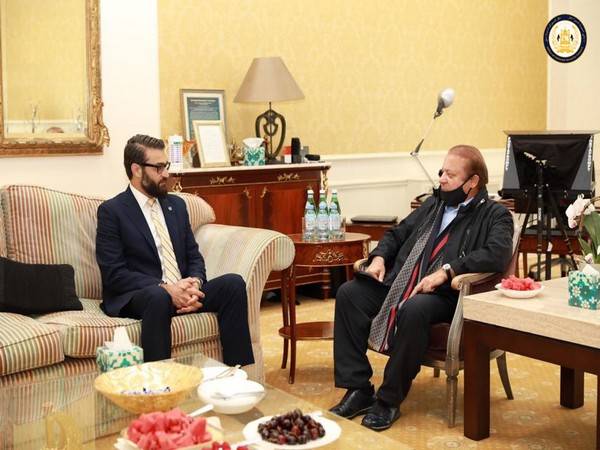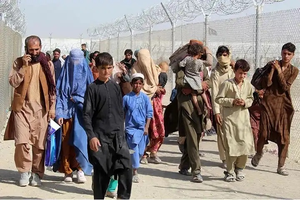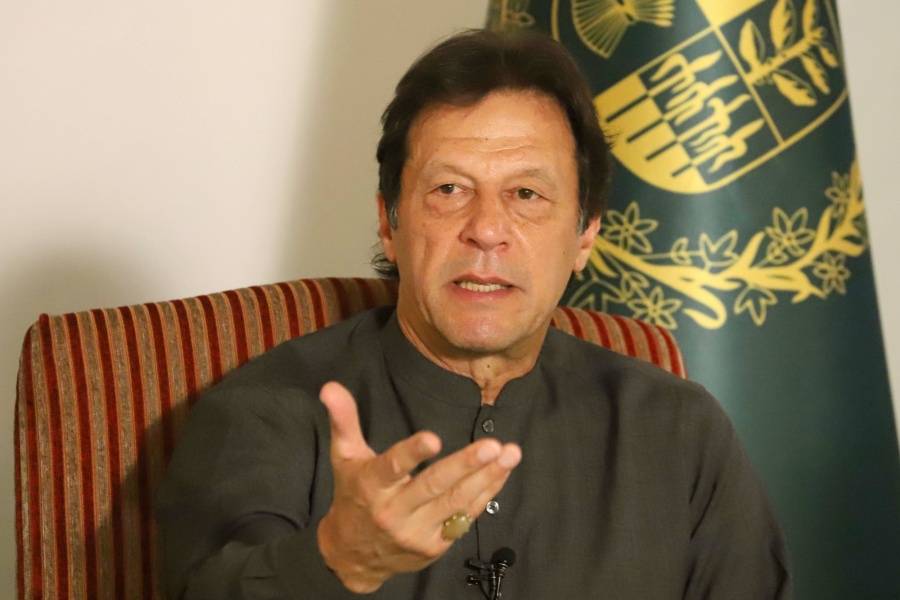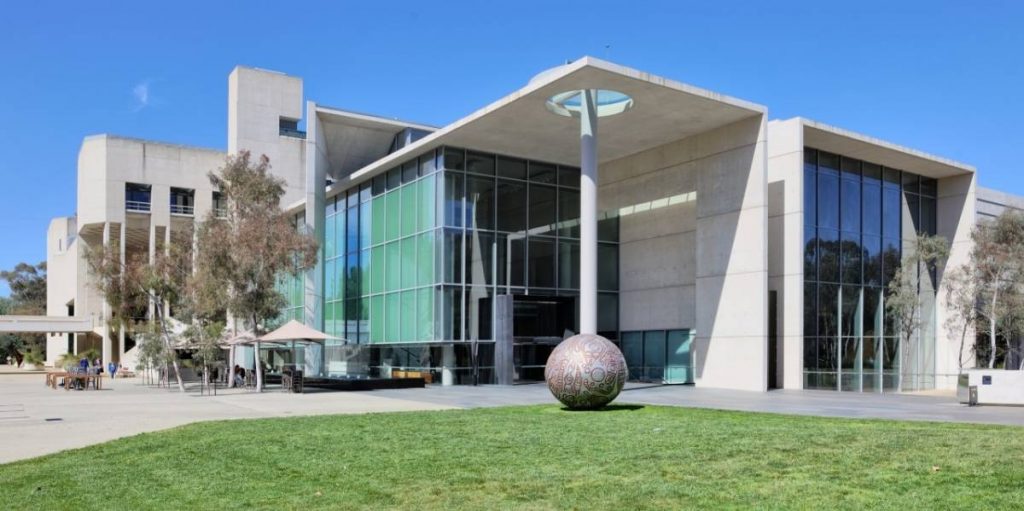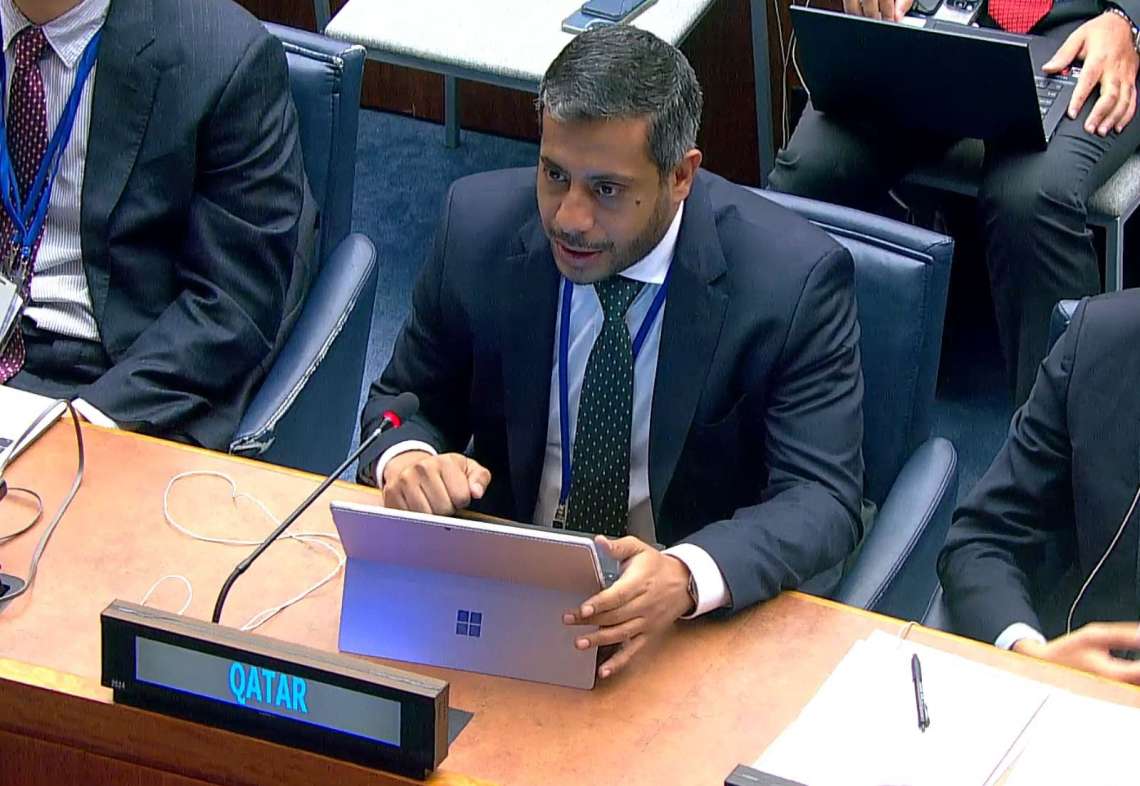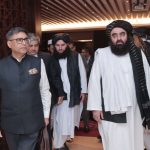Although there is an unstated broad consensus among Pakistan’s political parties on having a ‘friendly’ government in Kabul, apprehensions that the conflict escalation will lead to greater inflow of drugs, arms and refugees, damage the fragile social fabric and worsen a bad economy, is bound to cause differences among them, adding to existing friction between the Khan Government and its political opponents … writes Dr Sakariya Kareem
Pakistan’s poorly-concealed efforts, both diplomatic and military, to push the Taliban towards Kabul, have impacted its domestic politics. They have also upset the Western powers worried about an escalated civil war in the region, should the Ghani Government fall without a political resolution.
Although seemingly unconnected, the two developments converged on a meeting in London between exiled former prime minister Nawaz Sharif and senior ministers and officials of the Kabul regime. This has angered Islamabad no end, but it cannot protest beyond calling names to Nawaz that, to its dismay, has fired-up the domestic political scene.
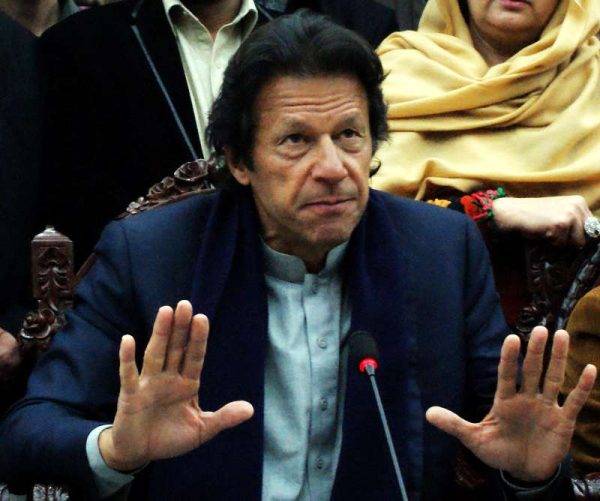
An unnamed ‘friendly’ Arab nation facilitated the London meeting, according to The News International (July 25, 2021). This further reinforces the concerns, even among the Muslim nations, at the Taliban advance across the Afghan countryside.
“The News has learnt from the credible source that a diplomat from the Middle Eastern Arab country spoke to Nawaz Sharif and floated the idea of meeting the Afghan NSA during his London visit to meet the UK’s political and military leadership besides meeting with politicians and ambassadors from several countries,” the newspaper said, quoting “a trusted source.”
The London meeting came even as the Taliban demanded the removal of the Ghani Government as a precondition to ceasefire, which US President Joe Biden rejected by reiterating support to Ghani.
It is clear that besides the Western powers, even the Chinese, the Russians and the Central Asians have been opposed to a violent seizure of power leading to regime change. Keen to control the initiative in Afghanistan that is driven by the Taliban and going out of their control, even China and Pakistan are apprehensive. Out of diplomatic necessity and/or in view of the worsening ground situation, the foreign ministers of the two on July 24 called on all Afghan stakeholders to “agree on a comprehensive ceasefire and work together to achieve a broad-based, inclusive and negotiated political settlement.”
Ostensibly, the London meeting and behind-the-door moves that might follow, are aimed at blocking Pakistan’s efforts and slow Taliban’s advance. World powers, diplomatic sources say, realise the urgent need to work right now, since they realise that sanctioning the Taliban after they have seized power in Kabul at some stage would be worthless.
The meeting between Nawaz Sharif and Afghan NSA Hamdullah Mohib was pre-planned, according to The News International and was arranged by Sharif’s former finance minister, Ishaq Dar, who is also living in exile.
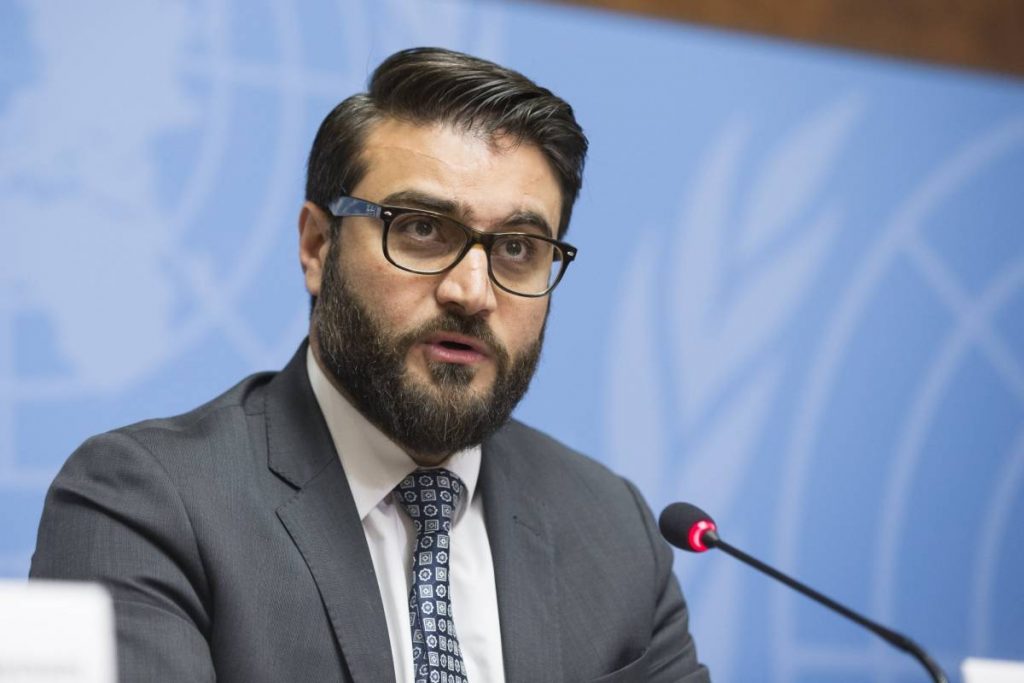
Dawn newspaper (July 25) confirmed, after the meeting, that the Afghan NSA had contacted Ishaq Dar in London “months earlier”, with a request to meet Nawaz on the direction of Afghan President Ashraf Ghani.
There was nothing unofficial about the meeting taking place amidst the Afghans conferring with the British Government. Mohib was accompanied in all meetings by the State Minister for Peace Sayed Sadat Naderi and the Afghan Ambassador to London, Tayeb Jawad. Following the meeting, Kabul went official with photographs and details and a surprised Islamabad reacted with anger.
The Pakistan Government demanded transcripts of discussion, while PML-Nawaz, the main opposition party sought to make political capital. Dar said in London that the meeting was “damage control for PTI’s failed foreign policy’.
An added reason for Islamabad’s anger is that Sharif met the very Afghan officials with whom it has been engaged in daily slanging matches. It has stopped talking to Mohib after he called Pakistan a ‘brothel’. Pakistani NSA Yusuf Moeed has called officials in the Kabul Government ‘idiotic.’ Islamabad has painted Sharif in dark colours for meeting ‘hostile’ Afghan officials.
While the Imran Khan Government is fuming, the PML-N has scored a political and diplomatic brownie point with the Nawaz-Mohib meeting. Sharif’s daughter and party vice president Maryam Nawaz posted on social media: “It is the very essence of diplomacy to talk to everyone, listen to their point of view and convey one’s own message across: something this government doesn’t comprehend and hence is a complete failure on the international front.”
She also tweeted a photo collage of Nawaz’s meeting with Mohib alongside an earlier meeting of the Afghan NSA with Chief of Army Staff Gen Qamar Javed Bajwa, with the remarks, “Both pictures nice, no?”
Although there is an unstated broad consensus among Pakistan’s political parties on having a ‘friendly’ government in Kabul, apprehensions that the conflict escalation will lead to greater inflow of drugs, arms and refugees, damage the fragile social fabric and worsen a bad economy, is bound to cause differences among them, adding to existing friction between the Khan Government and its political opponents.

